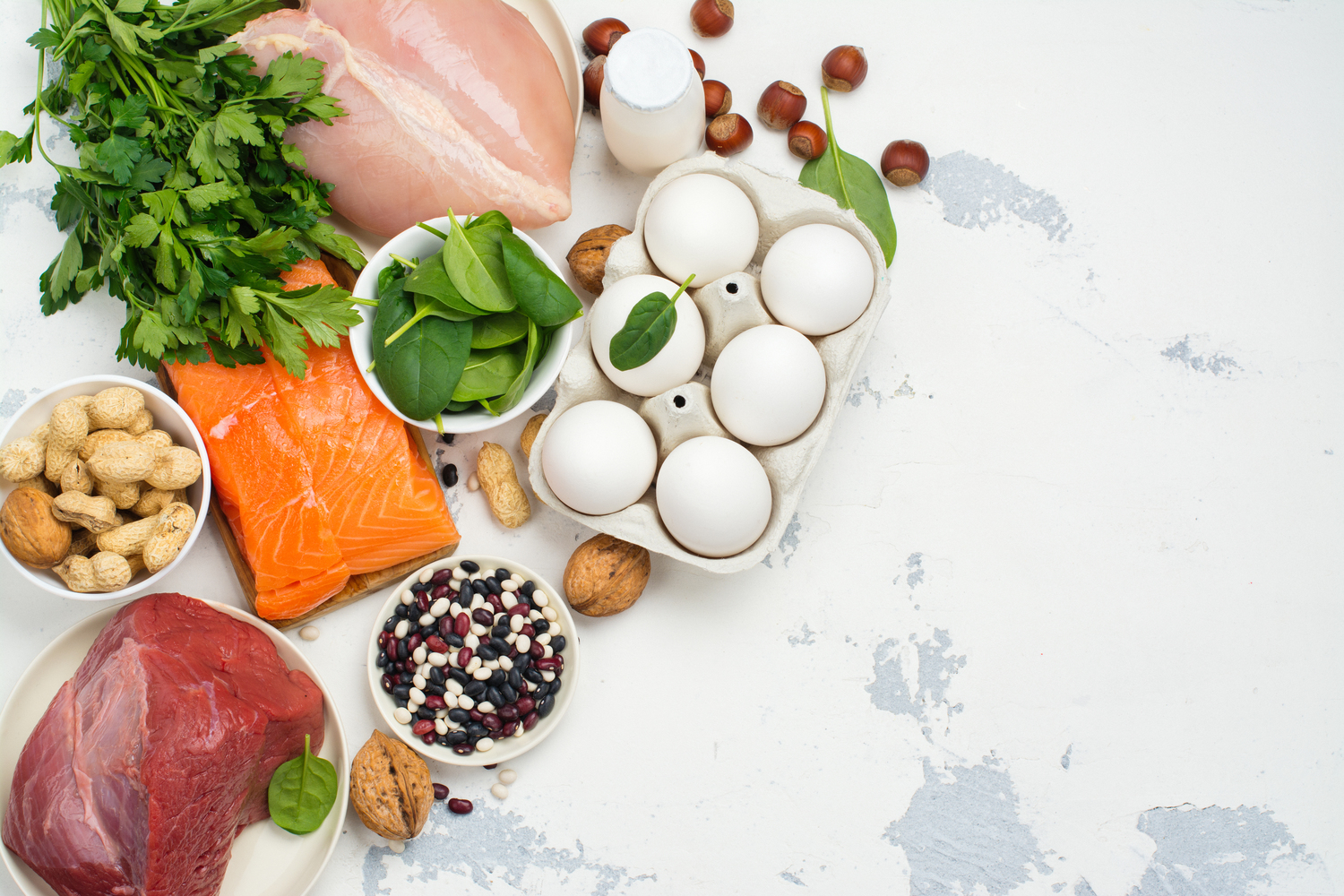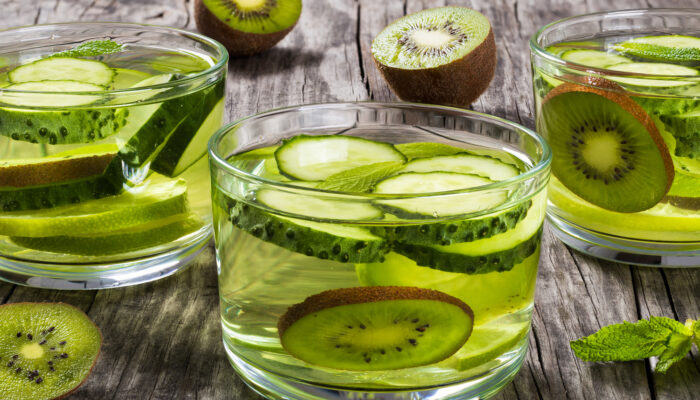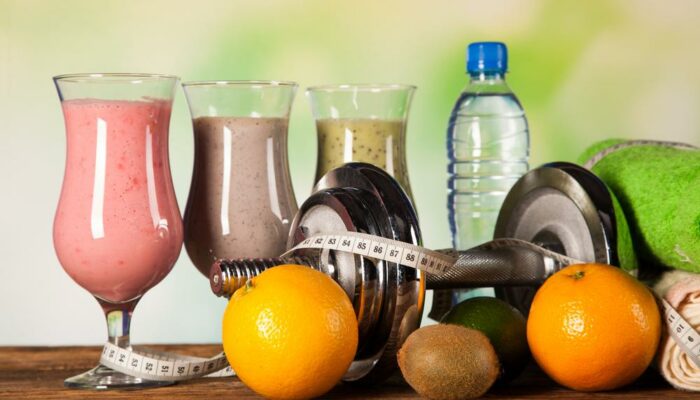
Dietary Guidelines to Deal with High Cholesterol
Cholesterol is a type of fatty substance found in the blood. The liver makes cholesterol, but you can also get it from the foods you consume, such as meat, fish, dairy products, etc. Small amounts of cholesterol are needed for the body as it is used to build the structure of cell membranes, make certain hormones, and also help in the efficient working of the body.
Cholesterol is measured in three categories—total, LDL or bad cholesterol, and HDL or good cholesterol. Most people find it tough to maintain a balance in these levels. Total and LDL should be kept low while HDL should be high. People can develop high cholesterol levels due to their lifestyle, genetics, and also dietary habits, and this can have significant repercussions on the health of a person. So it is best to avoid a diet that is high in cholesterol content, exercise regularly, and lead a healthy life. Here are a few diet guidelines to deal with high cholesterol:
1. Reduce saturated fat
A diet that is high in cholesterol content is usually high in saturated fats that come from red meat, full-fat dairy products, and fried foods. A reduction in the consumption of these fats will help reduce LDL cholesterol or bad cholesterol.
2. Avoid trans-fats
Trans fats are found in partially hydrogenated vegetable oil that is used in margarine and crackers, cookies and store-bought cakes. These fats should not be a part of the high-cholesterol diet as they increase the overall cholesterol levels and are hence, bad for the heart.
3. Increase intake of omega-3 fatty acids
Fish such as salmon and herring are rich in omega-3 fatty acids and have a great impact on health and also reduce blood pressure. They do not affect LDL cholesterol either and are not a part of a high cholesterol diet.
4. Increase whey protein
Whey protein is a pure form of protein that is found in dairy products. It has many health benefits, including lowering LDL cholesterol and total cholesterol as well as blood pressure. So it is advisable to consume foods rich in whey protein such as eggs, oats, chicken, cottage cheese, milk, etc.
5. Increase intake of foods rich in soluble fiber
Soluble fiber is the roughage part of a plant-derived diet that helps in improving digestion and blood sugar levels. It is found in significant amounts in whole grains, legumes, flax, apple, and beans. One must increase the intake for these foods to eliminate the evils of a diet rich in cholesterol content.
6. Fruits and vegetables
Consume at least 4-6 servings of fruits and vegetables daily to lower LDL levels. They are rich in antioxidants that prevent LDL cholesterol from oxidizing and forming plaque on the arteries. The overall effect is a lower risk of heart disease.
7. Reduce sugar
Refined sugar in sodas, pastries and cookies must be kept out of a high-cholesterol diet. It increases LDL cholesterol that can lead to heart problems, so cut down on it and instead eat more natural sugars.
8. Eat soy
Soybeans are rich in protein and contain isoflavones, which are plant-based compounds great in lowering cholesterol effects.



